Photo above: George McCleskey pointing to date he filed a water depletion tax case that went all the way to the U.S. Supreme Court.
Welcome to the fifth in a series … our history in the 1960s.
Chapter 1: Firm’s beginning.
Chapter 2: 1930s.
Chapter 3: 1940s.
Chapter 4: 1950s.
Huge historical events filled the 1960s in America – the Vietnam War, Cuban Missile Crisis, fight for Civil Rights and three assassinations that still reverberate to this day.
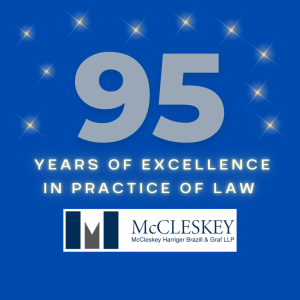 Life in Lubbock, though, seemed to take place on a different planet.
Life in Lubbock, though, seemed to take place on a different planet.
“Lubbock was in its own bubble,” said Bill Lane of the McCleskey Law Firm.
Don Graf, who joined the firm in 1962, now serving of counsel, said, “We didn’t have marches. We didn’t have protests.”
Legal secretary Mary Cato, who also came to work for the firm in 1962 just before graduating from Texas Tech, said she didn’t remember any local upheavals on campus or in Lubbock. “We were still a small town.”
Inside that bubble, though, the firm won a historic water rights case, handling appeals all the way to the U.S. Supreme Court – establishing the firm’s reputation of effective litigators handling complex cases through multiple appeals.
“That case has saved farmers millions of dollars in tax costs over the decades,” said Ben Davidson, McCleskey attorney.
The case also brought tax attorney Clarence Brazill to the firm, He became one of the firm’s four names – along with Graf – to this day.
Among the firm’s other highlights in the 1960s were:
- Supporting efforts creating the Texas Tech University School of Law, which the state Legislature funded in 1965.
- Representing the DeVitt family and the Mallet Ranch.
- Moving to the 19th floor of the 20-story Great Plains Life building in downtown Lubbock.
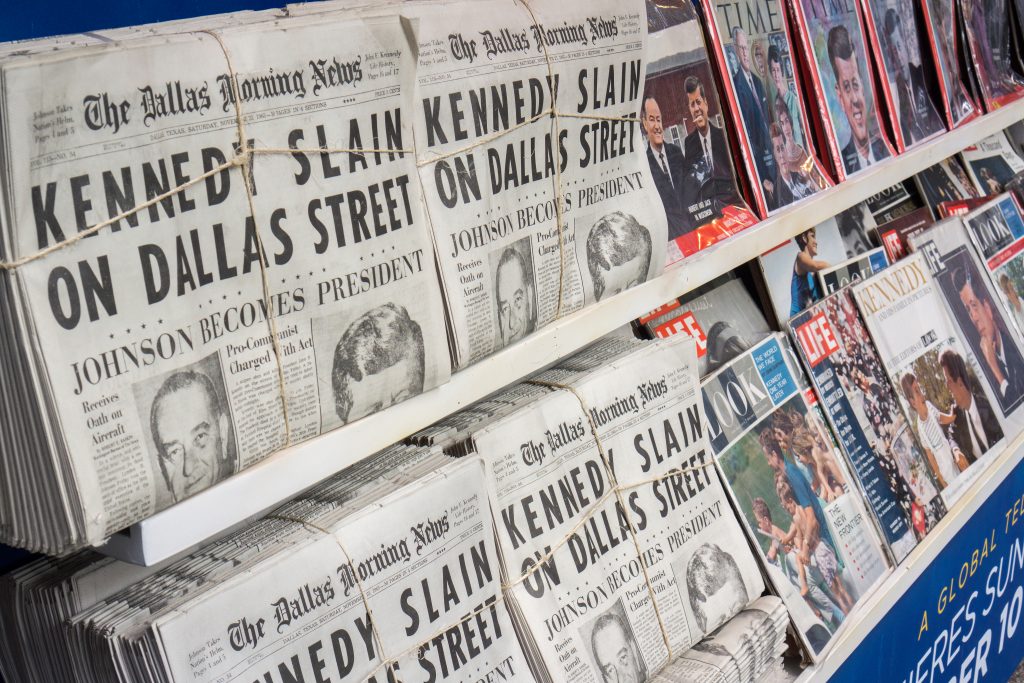
Turmoil outside the bubble
Civil rights unrest grew during the decade as did opposition to the Vietnam War, which claimed the lives of more than 58,000 Americans, including Bill Griffis, the uncle of McCleskey attorney Will Griffis, who now runs the firm’s San Angelo office. Will was named after his uncle.
Then America was rocked by the assassinations of President John F. Kennedy in 1963 in Dallas and in 1968, civil rights leader Rev. Martin Luther King Jr. in Memphis and presidential candidate U.S. Senator Robert F. Kennedy in Los Angeles. After President Kennedy’s assassination, Vice President and Texan Lyndon Baines Johnson became president. When Johnson was a U.S. Senator, he was good friends with McCleskey’s founder, Hobert Nelson.
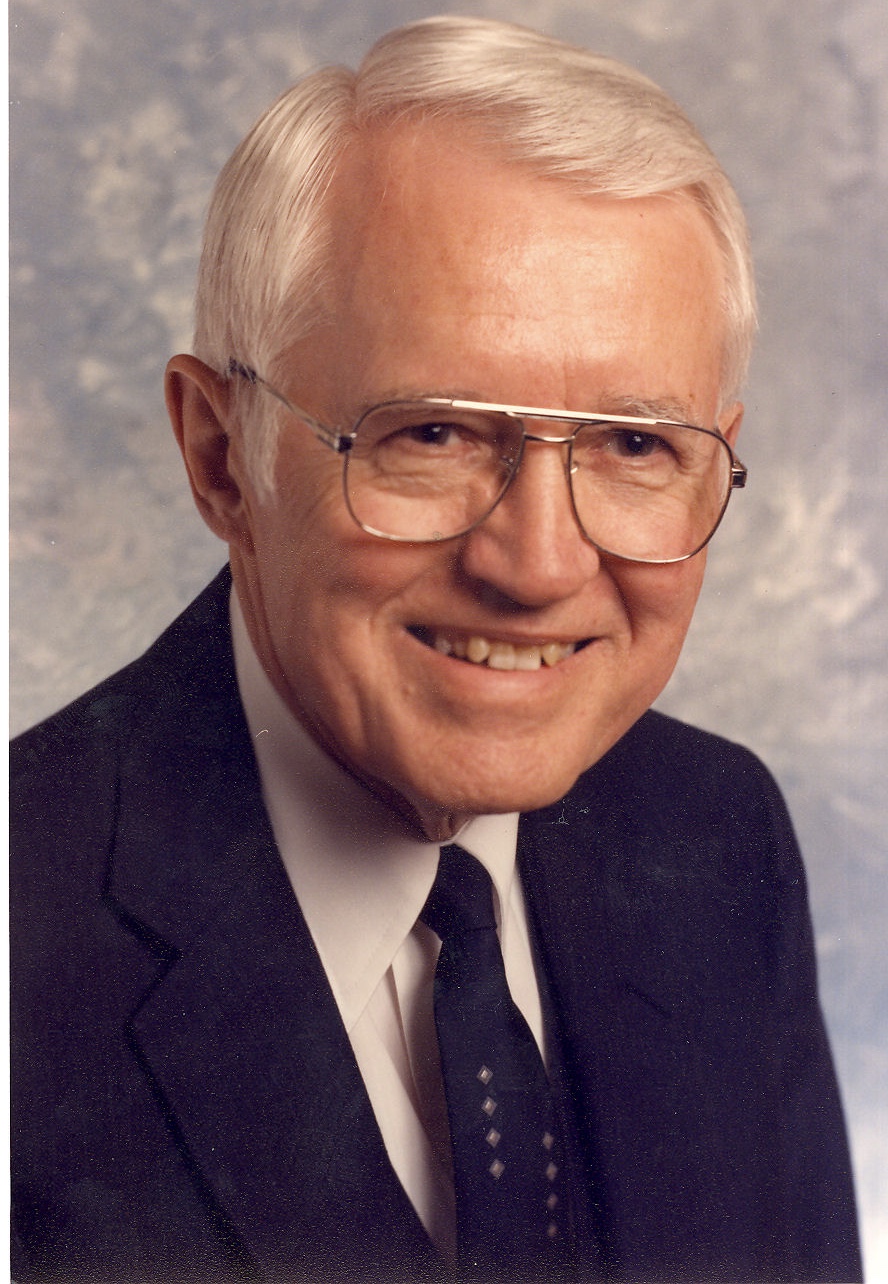
The historical water case
George McCleskey took the lead on the water case, prevailing against the United States on behalf of West Texas farmers. The ruling in Lubbock was appealed by the government to the Fifth Circuit Court of Appeals before going to the U.S. Supreme Court. The case took a few years to resolve.
The High Court found client Marvin Shurbet (a representative of the High Plains Water District) could claim a water depletion deduction for water loss from irrigation as a capital loss against his property assets on his taxes.
The firm also won cases protecting farmers and ranchers against property damage from oil and gas companies with leases for mineral rights on their farms and ranches, including contamination of ground water due to unlined drilling pits.
The lawsuits helped establish “the reasonable accommodation doctrine.” It meant oil and gas companies couldn’t drill a well in the middle of an irrigated field without first trying to avoid those kinds of losses to the farmer.
“Mr. Mac (McCleskey) was on the forefront of trying to find ways to protect landowners from the oil companies taking more than they needed,” Davidson said.
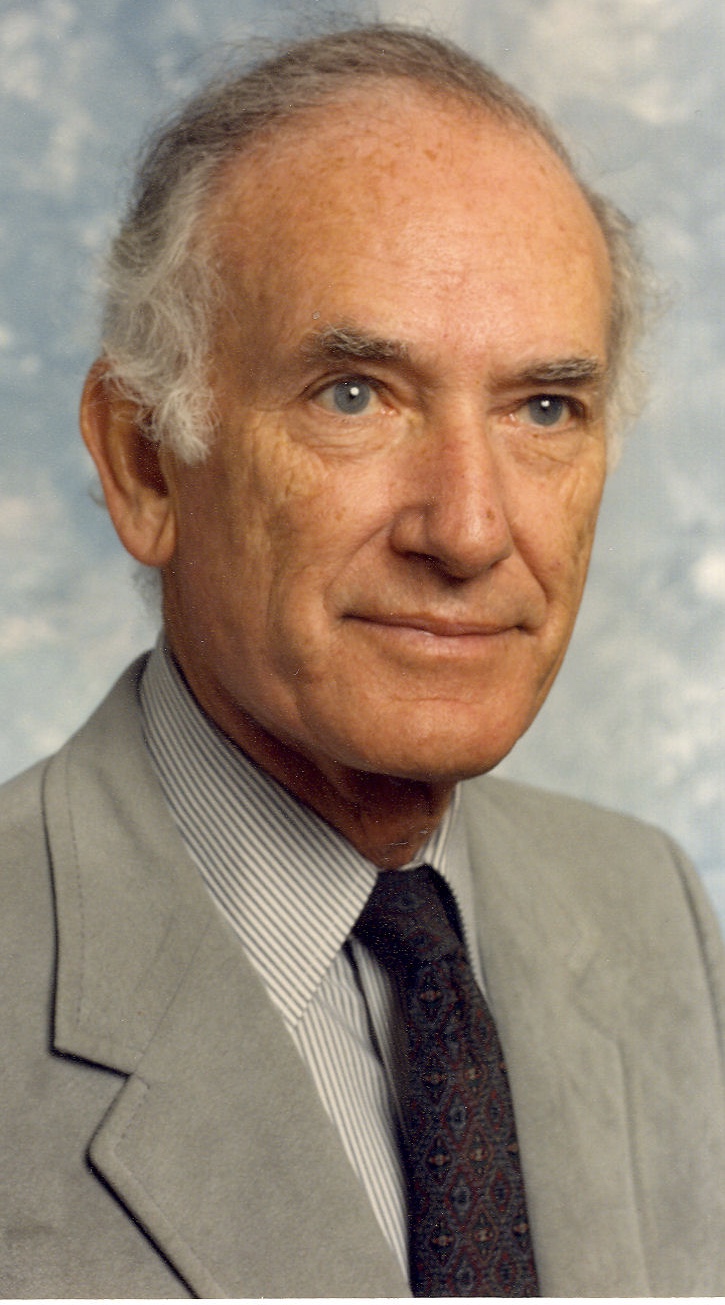
Water case brings tax expert Brazill to the firm
One of the primary reasons Brazill joined the firm was to work on the water depletion tax case appeal.
“Clancy was hired to work on the Supreme Court brief,” Graf said.
Clarence (Clancy) P. Brazill Jr. came to the firm in the 1961, replacing Ed Smith as tax attorney.
A 1953 graduate of Southern Methodist University, he’d previously worked for the U.S. Internal Revenue Service. He also studied at New York University and earned a specialty in taxation.
“He was brilliant. He was able to come up with unique theories that would win a lawsuit,” Graf said.
When Brazill worked for the IRS, he proved a hotel was underreporting income by going to the laundry to see how often bedding was cleaned, showing how often rooms turned over.
Brazill was born in 1919 in Swissvale, Pennsylvania and served in the U.S. Army in World War II.
He served many community organizations and was married with five children before he passed away in 1990.
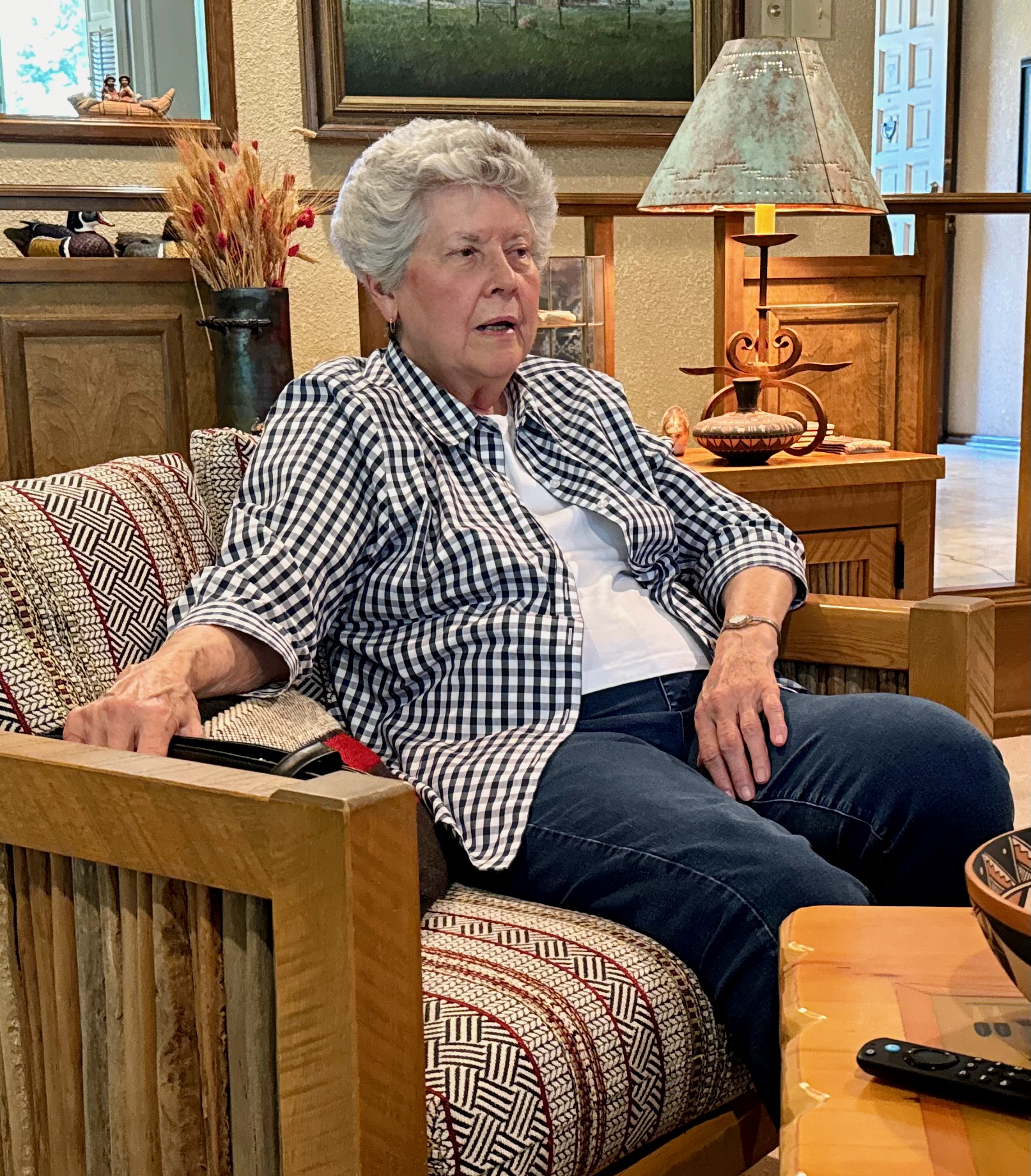
Mary Cato also joins firm to help with water case
The water case was also why Mary Cato got her job. “They wanted a typist. I was just trying to get a job.”
She’d gone to the placement office at Texas Tech where she would graduate with a degree in business administration. The placement officer, a friend of another legal secretary at the firm, knew of the opening.
She interviewed with partner Harold Harriger.
“My experience was driving a grain truck and a tractor.” Her family had a wheat farm near Happy.
Harriger hired her. She said he told her it was provisional — they’d see how things worked out.
“He delighted in telling people 20 and 30 years later that I was still penciled in.” Cato worked for Brazill for two years typing the water brief and almost 45 more years for Harriger until she retired in 2008.
“That was before computers,” she said of when she started. Cato recalled she and Brazill worked behind closed doors, away from the other lawyers in the firm.
Brazill hand wrote pieces of the brief, giving the pages to Cato.
“He was easy to work for, but had abominable handwriting. It was worse than a doctor’s handwriting,” she said.
“Back in that day we had overnight delivery to Austin and Washington, D.C. And when I left the office I took the day’s work and dropped it off. Then Clancy would have conference calls with all the lawyers. The next morning we would have changes or additions and I would retype it. I typed and typed and typed. That’s all I did for two years,” Cato said.
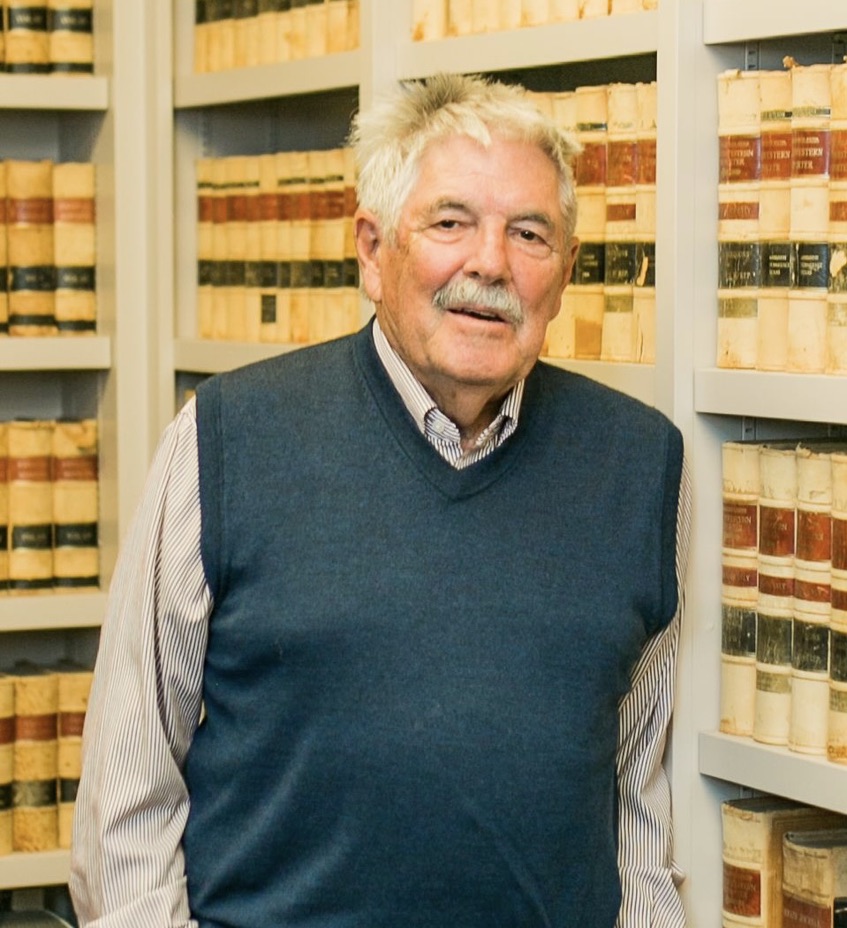
Enter Don Graf
McCleskey personally recruited Graf before he graduated from the University of Texas School of Law.
Graf ’s grateful for all he learned from McCleskey, who helped him develop into an able litigator. “It impressed me how fast George thought on his feet.”
McCleskey’s offer of $500 a month was more than other law firms who spoke to him about employment, he said. Graf, who had a new baby boy, was happy he could support his family. “I had never earned $500 a month in my life.”
His name was added to the firm’s full name, McCleskey, Harriger, Brazill & Graf, within a decade of his 1962 arrival.
Graf was born in Alabama into a Lutheran pastor’s family. He graduated from Concordia Junior College in Austin and the University of Illinois. He was living at his parent’s house before heading to law school.
He didn’t know he wanted to be a lawyer exactly, but he knew he didn’t want to be a minister, he said.
Graf was researching possibilities in the university catalog. He loved Latin, was good at the language and mentioned teaching Latin with his mother.
“She said, ‘you know, in the next 50 years Latin is not going to change. Are you going to be happy with an occupation that doesn’t change?’
“I went back upstairs.” Graf remembered.
“Well right next to Latin (in the catalog) is law. I thought it would be challenging and I would be able to provide for my prospective family. And I thought it was a profession where I could help people. So those were my three reasons to choose law,” he said.
And he could still use Latin phrases.
Graf is certified in labor law and has served on many community boards and organizations throughout the years. He has three children.
Graf came to the firm one day during his early years with sartorial advice.
He’d been in U.S. District Judge Halbert O. Woodward’s court, where the judge chided another attorney for wearing a blue shirt. When Graf returned to the firm, he told the other attorneys to make sure they wore a white dress shirt if they were headed to Woodward’s courtroom.
Over the years, Graf was an early proponent of a more casual dress code at the firm.
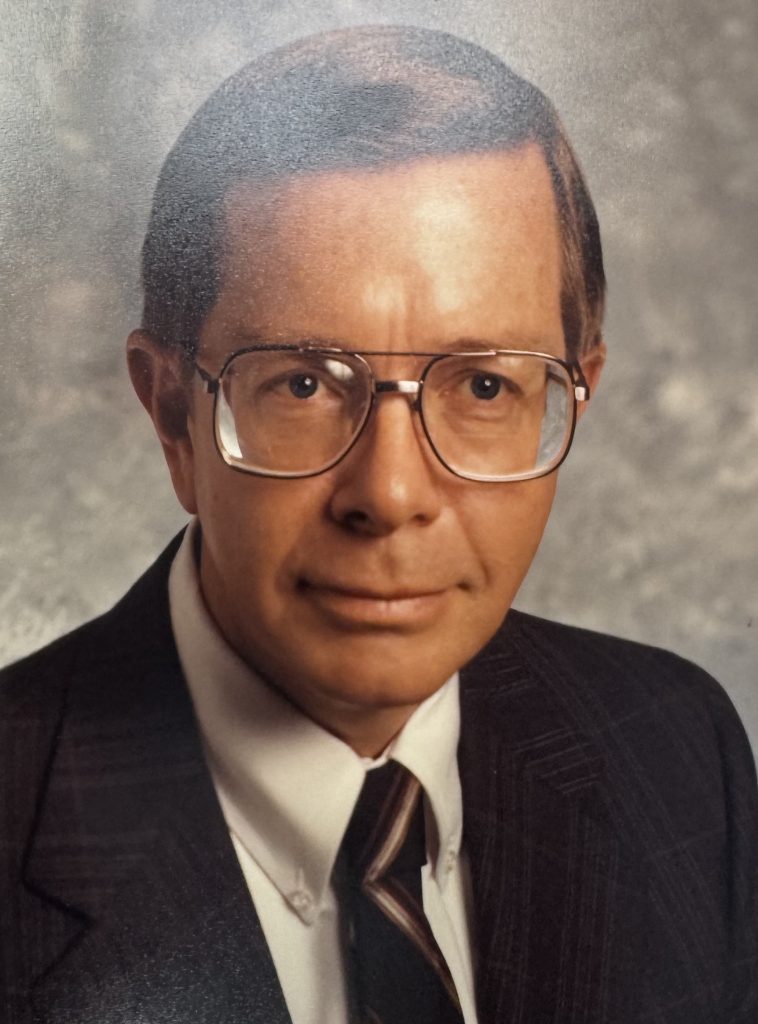
Enter Rex Aycock
Robert Rex Aycock joined the firm in 1964 and became a partner three years later. He worked for 40 years doing civil and banking law, also assisting in the firm’s staff management.
Aycock was born in Tulia in 1936 and died in Lubbock in 2009. Married to Bonnie Jonas in 1961, he had three children. He was active in the St. Luke’s Methodist Church and served in many community organizations.
He was a pilot and enlisted in Texas National Guard and became a 1st Lt. JAG after he graduated University of Texas School of Law in 1962.
Aycock flew gliders for fun and supported Lubbock’s Silent Wings Museum, which honored the glider pilots trained in Lubbock for World War II.
The Lubbock Bar Association named him “Outstanding Young Lawyer” and he served the association in several capacities during his career. He was also named Boss of the Year by the Legal Secretaries Association and was recognized for his pro-bono work.
When Bill Lane passed the bar exam in 1989, Aycock told him the two greatest moments in his life were the births of his children and passing the bar exam.
“He loved being an attorney and was respected in the community,” said Lane.
Aycock also kept a folder of the firm’s history, including old letterheads showing how its name changed over the years and a list of the attorneys.
Before he retired, Aycock gave Lane the folder and told him, “You’re now in charge of the firm’s history.”
That folder served as a starting point for the stories in this series.
Christine, Helen and the Mallet Ranch
McCleskey was also the attorney for Christine DeVitt and Helen DeVitt Jones, owners of the sprawling Mallet Ranch. The firm still manages the ranch, its resources and serves on its foundations.
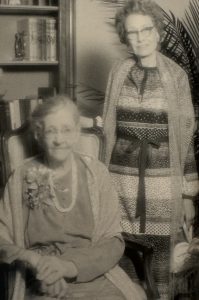
Founded in 1895, the Mallet Ranch has more than 50,000 acres west of Lubbock and has much of its native High Plains prairie intact. Oil was discovered on the Mallet Ranch with the first oil well coming into production in 1938. The ranch now has more than 1,000 oil wells which have produced millions of barrels of oil, according to the CH Foundation website.
DeVitt was known for driving a hard bargain, Graf told historian David Murrah, for the book, “Oil, Taxes and Cats: A History of the DeVitt Family and the Mallet Ranch.”
Graf remembered her long phone calls in the early 1960s and those at the firm who listened patiently to her. “Miss DeVitt was positive in her views and knew what she wanted to say. She was stout in her position. She got high royalties (from leases from oil and gas companies) by being stubborn.”
By becoming an immovable object, people would move in her direction, Graf said.
“George was patient with her philosophy. He was an able negotiator and a perfectionist. He didn’t let anything slip by. He listened to her and when the negotiation had gone as far as it could, he would tell her, ‘Miss DeVitt this ought to be done.’ He truly enjoyed working with her. He recognized her role, but it was a challenge.”
Christine insisted her mother and sister, Helen, hold onto the ranch even during the Great Depression. The ranch built the family’s wealth. Much of the wealth was invested in the CH Foundation that Christine created in 1969. The result has meant that more than $212 million in grants poured back into the Lubbock area, according to the CH Foundation.
The Foundation was funded when Christine died in 1983. Her sister, Helen, also created the Helen Jones Foundation and funded it in 1984. It supports education, the sciences, the arts and other charitable causes.
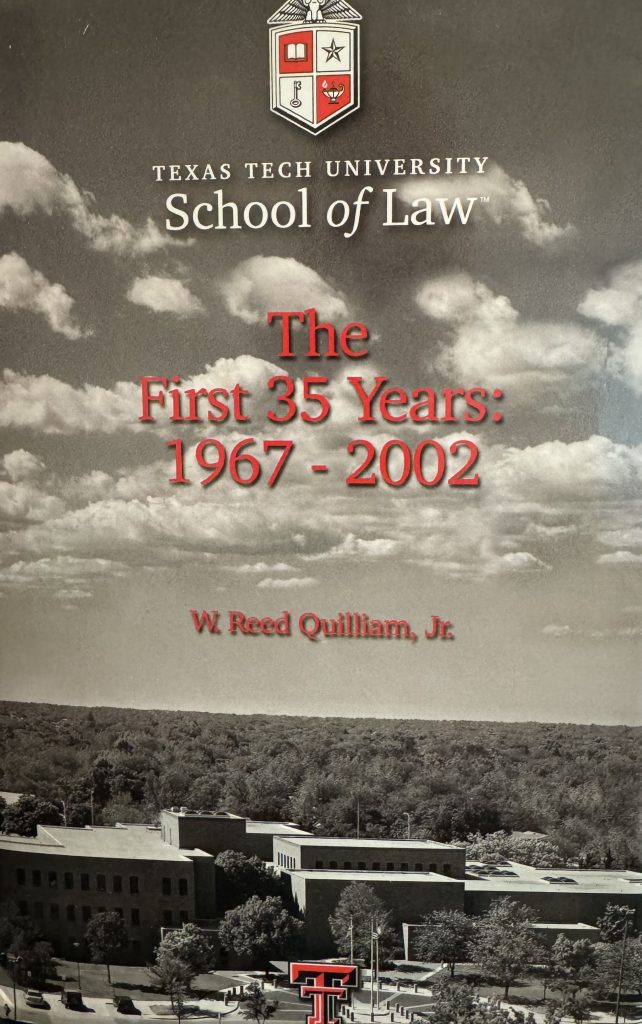
Firm helps launch Tech School of Law
In 1967, Texas Tech University opened its law school. It was supported by early advocate Alvin Allison, a lawyer from Levelland, who tirelessly lobbied the legislature. Then Lt. Gov. Preston Smith of Lubbock paved the way for its funding, according to the “Texas Tech University School of Law: The first 35 years: 1967-2002,” by W. Reed Qulliam Jr.
Partner George McCleskey, along with other prominent local attorneys served on the Lubbock County Bar Association Law School Committee.
Hobert Nelson was a trustee of the board of the Texas Tech Law School Foundation and became executive vice president. Also contributing fellows to the foundation board were McCleskey, Harriger, Brazill and George Nelson.
The first class of law students graduated in 1970.
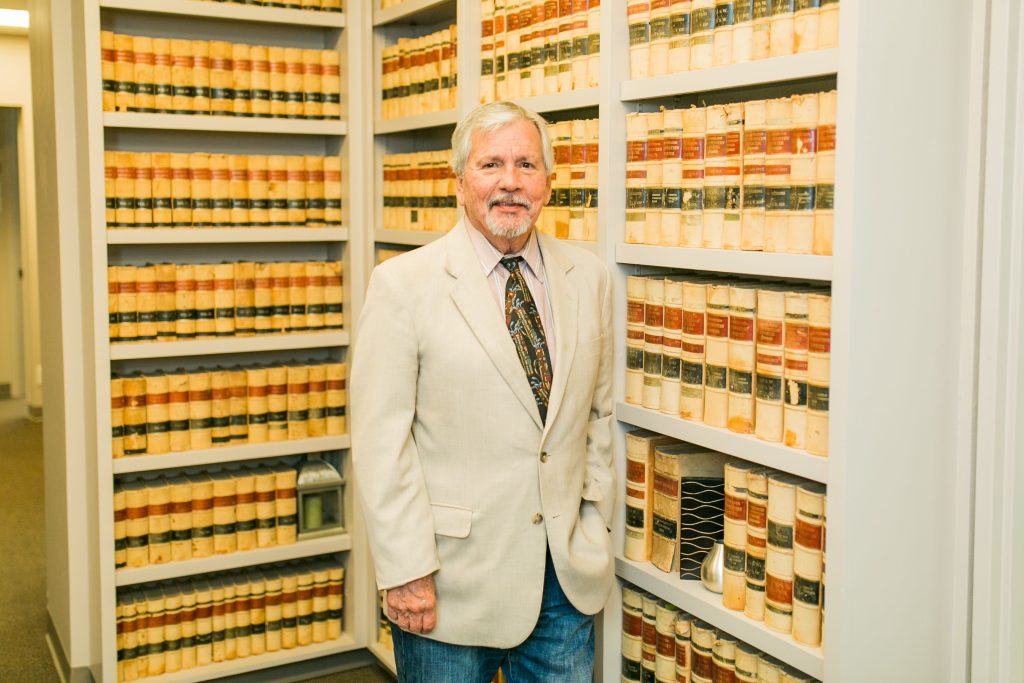
By then, future McCleskey partner Jerry Kolander, was studying at the school. He was in Tech Law’s second class starting in Fall of 1968, joining the firm in 1971.
“I’ve always made a point of letting people know that was the second law class at Texas Tech, but that did not necessarily make me a second-class lawyer,” said a joking Kolander in his office recently.
Kolander had a history degree from Tech and grew up around lawyers – his grandfather was a lawyer, then a judge in Minnesota and his dad was a lawyer in Amarillo.
But Kolander’s goal was to play professional baseball after playing for the Red Raiders.
When that didn’t look possible, law school was the next logical choice.
“When Texas Tech opened applications for the new law school I said ‘I’m going to apply there.’ I liked Lubbock. I liked Texas Tech,” Kolander said, adding he was about to get married and felt Lubbock was a good place to settle down.
Kolander’s class had more than 100 students, but about 40 made it to graduation, he said.
Kolander always felt the fledgling law school was seen as excellent.
“Never in my 52 years of practicing law and going all around the state trying cases … I never got the feeling anyone thought Texas Tech was anything but a first-class law school,” Kolander said.
The school attracted what Kolander called “first-class” lawyers to teach in its early years.
“Richard Hemingway wrote some very well-known books on oil and gas and he was our oil and gas professor,” Kolander said of Hemingway, who passed away in February of this year at age 96.
“Dean Richard Amandes and all the people who worked to put the law school together did a first-class job of getting it off on the right foot,” he added.
Eight of McCleskey’s attorneys today are graduates of Tech’s law school.
Also at the firm
A higher calling:
Brazill was Catholic, attending Christ the King Cathedral. He also represented some of the legal affairs for the Diocese in Lubbock.
He wasn’t the only McCleskey attorney to combine strong faith with legal representation:
- Harold Harriger helped the Northwest Conference of United Methodist Church.
- McCleskey did the same with the Baptist Church and taught a downtown Bible class for decades.
- Graf and eventually Jerry Kolander aided the Lutheran Church.
Firm moves up in the world:
Both Graf and Cato remember moving from the Central American Life building to the Great Plains Life building in 1966, how the 19th floor was decorated for the firm and how the skyscraper would sway in the gusty West Texas wind.
“We had green carpet,” Graf recalled. Firm founder Hobert Nelson had been reluctant to carpet the floors, because he didn’t want clients to think the firm was frivolously spending money or aspiring to some luxury lifestyle. However, by the mid-60s, carpet was common enough not to raise any eyebrows, Graf added.
The lack of development and wide-open spaces between Texas Tech and Lubbock impressed Cato as she looked at the city from the 19th floor.
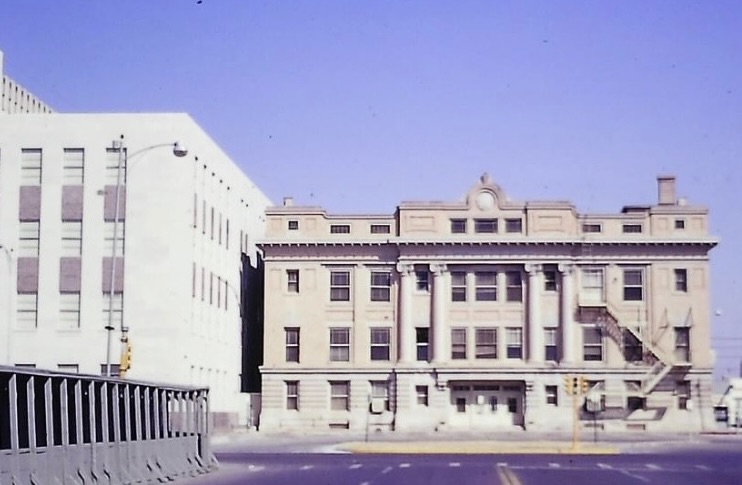
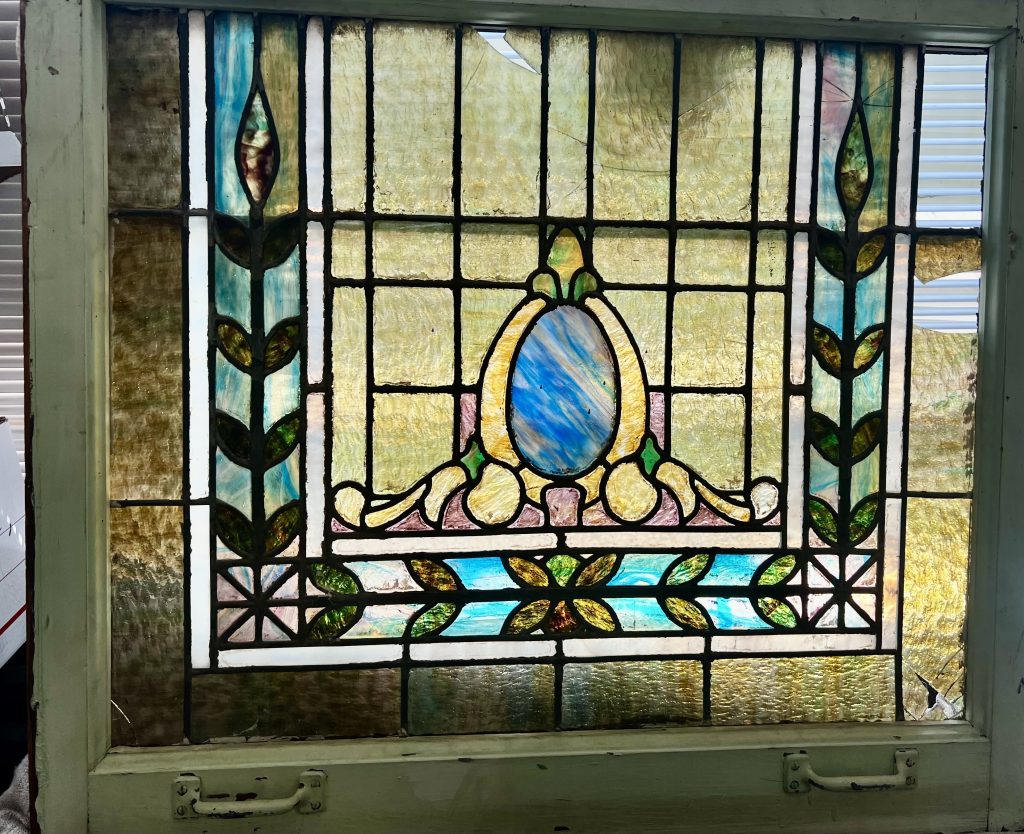
1916 Courthouse demolished … but years later …
The Lubbock County Courthouse built in 1916, sat next to the then-new Lubbock County Courthouse built in the 1950s until it was demolished in the 1960s. Buddy Holly Avenue now runs through where the old courthouse was.
Bonnie Chavez, the firm’s nurse/paralegal, recently saw stained-glass windows from the 1916 courthouse for sale online. The firm bought three of the windows and will display them in its offices.
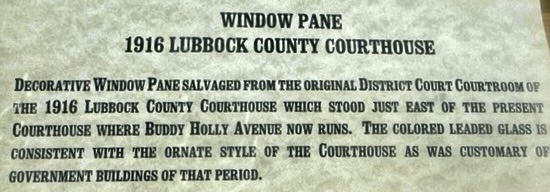
Bert Nelson leaves:
Hobert Nelson’s son Bert left the firm to go into business. He’s been of immeasurable help providing details of the firm’s early decades for this series.
The accused cattle rustlers:
One day, Hobert Nelson asked Graf to join him in a meeting with two cowboys who’d been charged with cattle rustling in Lynn County.
After listening to their story, Nelson they’d represent them for $1,500 each.
“Hobert hesitated for a moment before saying ‘each,’” Graf recalled.
The cowboys reached into their pockets, pulling out a roll of bills, each laying $1,500 on the desk.
Nelson looked at Graf and told him, “Now get them off.”
Graf did.
Also in Lubbock in the ‘60s
- When the decade started, Lubbock public schools and Texas Tech were segregated. Tech integrated in 1961 and public schools before the end of the decade. Lucille Graves was the first African American student at Texas Tech.
- Lubbock started the decade with 128,691 people and added about 41,000 more residents by 1970.
- Texas Tech University changed its name from Texas Technological College in 1969. In the year the law school started Tech had 17,000 students enrolled, having added 10,000-plus students since the mid-1950s. It had become the second largest university, after the University of Texas, by the end of the decade, according to “The Centennial History of Lubbock: Hub City of the Plains,” by Paul H. Carlson.
- Lubbock had eight drive-in movie theaters in the 1960s and the Palm Room and the Cotton Club roared to greater life as dance halls.
- Lubbock continued to be a fast-growing medical hub. By 1960, 35 percent of patients in Lubbock hospitals were from out of town, according to Carlson’s book.
- Drought and changing federal subsidies created a lull in agricultural and area growth in the late ‘60s.
- Building permit applications, especially for housing, slowed from 1964-69, according to Carlson.
- In 1968, the Santa Fe Railroad discontinued passenger service through Lubbock.
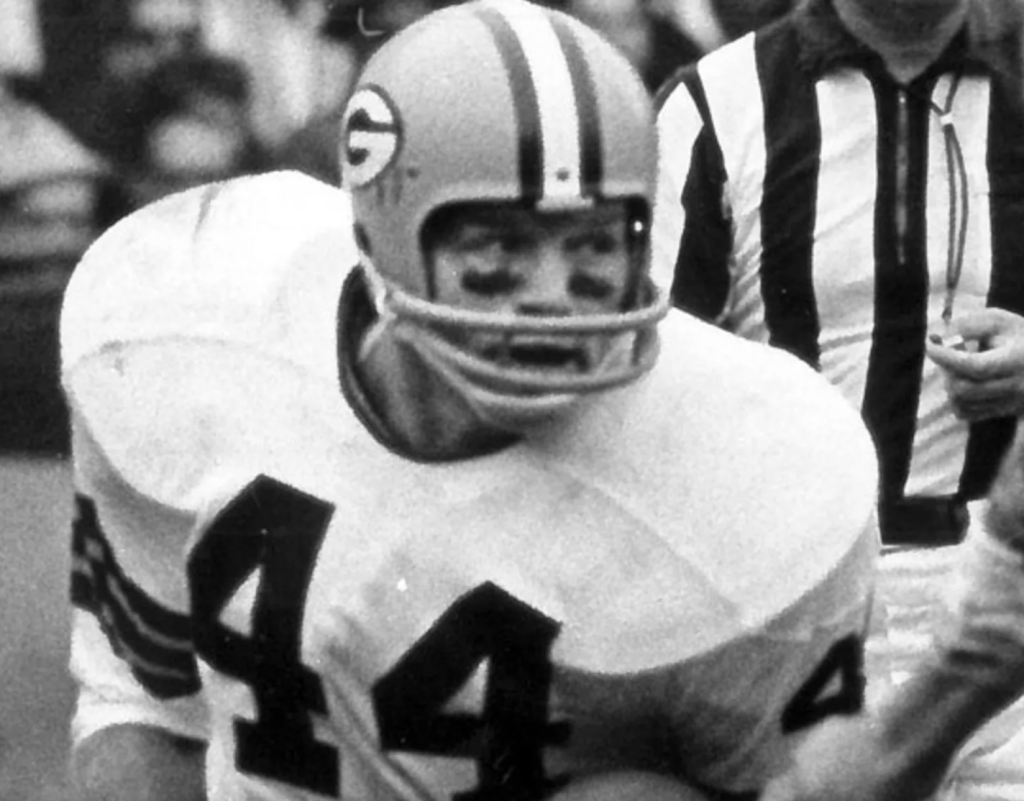
Elsewhere in the ‘60s
Social unrest continued in the rest of the country and the cultural revolution was just getting started:
- The birth control pill became available in 1960.
- The Beatles Invasion began with their appearance on the Ed Sullivan Show in 1964.
- “Star Trek” debuted in 1966.
- Millions watched the Green Bay Packers beat the Kansas City Chiefs in the first Super Bowl in 1967. Two Red Raiders, E.J. Holub of the Kansas City Chief and Donny Anderson of the victorious Packers played in the game.
- Thousands of young people descended on San Francisco for the Summer of Love in 1967, bringing hippie culture to national attention.
- More than 400,000 people attended Woodstock, a three-day music festival in upstate New York in 1969. Organizers had planned for fewer than half that number.
- Apollo 11 landed on the moon in 1969.
- The first email and Sesame Street debuted in 1969 — introducing the country to spam emails and Big Bird.
